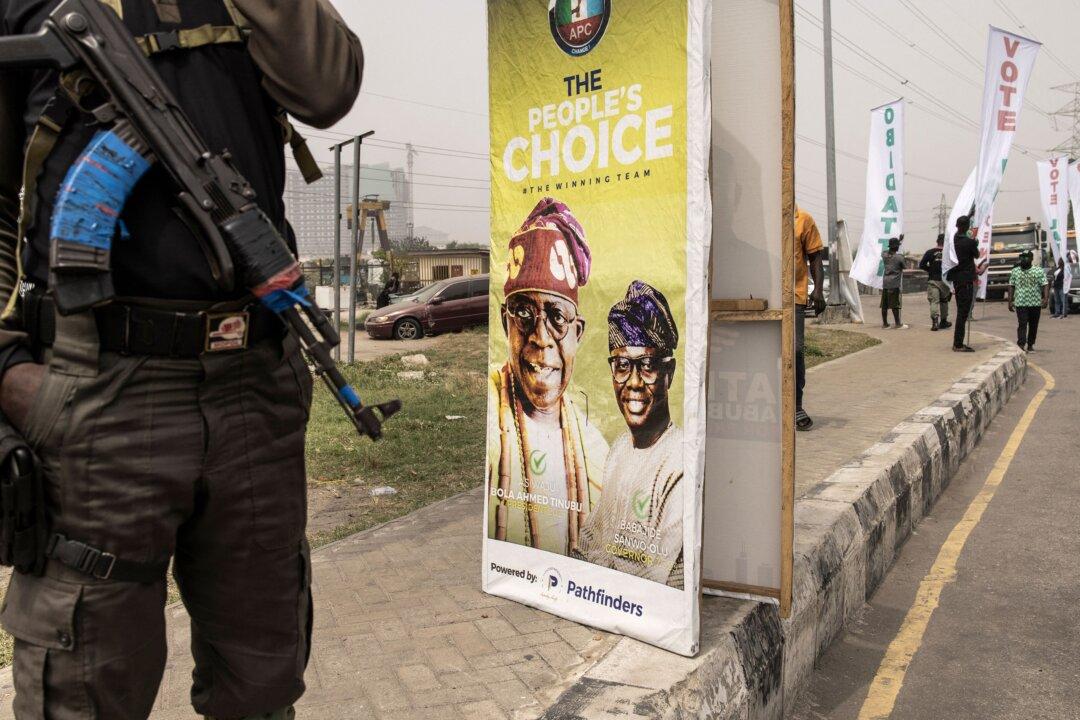Commentary
Valid questions are about to be raised as to whether the new government of Nigeria will collapse, possibly within months.

Valid questions are about to be raised as to whether the new government of Nigeria will collapse, possibly within months.